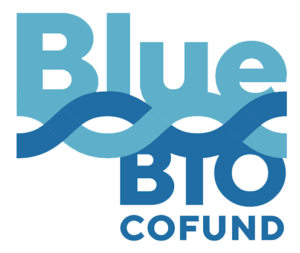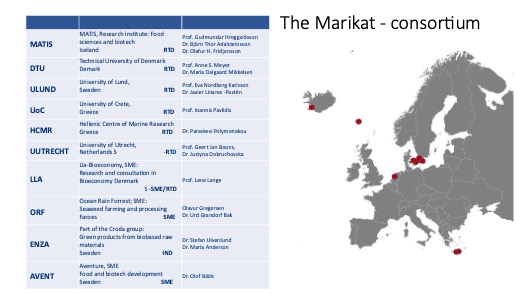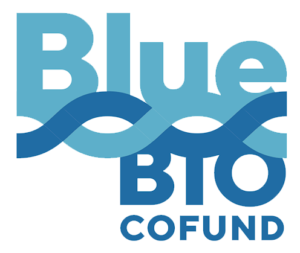Research Directions:
Environmental genomics
Bioanalysis and biotechnology
Description:
 The objective of MARIKAT was to unlock the potential of microbiomes in providing enzymatic tools for emerging biorefineries of Europe - to establish seaweed polysaccharides as a feedstock for bioconversions to value added derivatives.
The objective of MARIKAT was to unlock the potential of microbiomes in providing enzymatic tools for emerging biorefineries of Europe - to establish seaweed polysaccharides as a feedstock for bioconversions to value added derivatives.
The MARIKAT project entailed extraction of macroalgal polysaccharides, alginate, laminarin, fucoidan and ulvan from Brown and Green algae and development of enzymatic refining processes for generation of bioactive oligosaccharides. Enzymatic refining processes for refining macroalgal polysaccharides to added value industrial products are near to non-existent today as robust enzymatic tools are lacking. In MARIKAT marine microbial genomes, public and proprietary sequence databases and metagenomes were screened for enzymes active on marine polysaccharides. A number of novel enzymes were obtained, which were cloned expressed and characterized and their products analysed for structural and functional properties of potential value for industrial applications. This included degrading enzymes and modifying enzymes such as transglucosidases that could add sugar moieties to different beta-glucan poly- and oligosaccharides.

Advanced methods were used to define structural determinants of bioactivity in various products that would augment applicative potential and marketable value of enzymes and their products.
The MARIKAT project will provide novel enzymes to expand the range products that can be derived from seaweed including bioactive oligosaccharides. The targeted markets are food (specifically the food beverage and the health food markets); pharma and the skin-care industry.
The consortium consisted of 10 partners from academia, industry and research institutions from 6 countries as shown in Figure 1.







